
Biography of Hector Berlioz
or Berlioz and the viola
Buy Viola in Music's Collection of
13 famous tunes
Read more
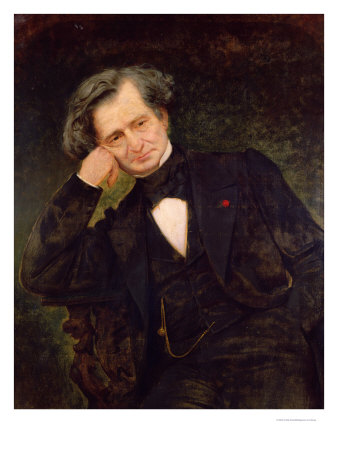 Portrait of Hector Berlioz by Achille Peretti
Portrait of Hector Berlioz by Achille PerettiIn this short biography of Hector Berlioz I’ll emphasise some aspects I like most of him. Hector Berlioz is now a well recognised and appreciated composer, but in his life he often had hard times and was disappointed because of the treatment received by some of his works, especially at home, in Paris.
Berlioz was born on 11th December 1803 in La Côte Saint-André, a nice village in south France near Grenoble, in the countryside. I’ve been there just recently, it’s a lovely place, you can see his family house which now is the Hector Berlioz Museum. I like visiting musicians’ birthplaces, I like feeling a bit of the atmosphere of where the musician lived.
His Memoirs are interesting as a biography of Hector Berlioz written by himself. They also reveal his character full of passion, his idea of music, his wit.
Youth and education
Berlioz’s father was a quite important doctor and took care personally of his children’s education, Hector and his two sisters, teaching him also music. In his memoirs Hector has words of admiration for his father doing this but at the same time he regrets that he spent all his youth, until he was eighteen, within his family, the family servants, without having contact with the external world and learning how to deal with people.
At home he was taught flute, flageolet (similar to the recorder) and guitar and wrote a few chamber music compositions.
Paris
Although Hector had shown good musical qualities and aversion to medicine, his father had decided Hector would become a doctor so in 1822 he went to Paris where, reluctantly, he studied medicine with a cousin. It’s very funny to read of his first horrified approach to the dissection room with corpses and limbs scattered all around the place, with sparrows and rats eating chunks of meat here and there.
So far Hector’s musical knowledge had been quite limited, but when in Paris he began to attend the Opéra and the library of the Conservatoire to study Gluck’s scores, this way feeding more and more his passion for music.
In 1822 he began to have composition lessons and in 1826 entered the Conservatoire to study more regularly. During this period he wrote vocal works such as cantatas, songs, operas that were performed. Eventually he decided to abandon medicine to study music, against the very strong opposition of his family, opposition that lasted for years. Since this decision he had to depend on himself only, since his father refused to help him in his musical studies. He worked as a singer in a choir, as a music copist, teaching and began to write articles for the press and for some years his life was very hard economically.
Two important discoveries belong to this initial period in Paris. In 1827 he attended Hamlet, with the actress Harriet Smithson impersonating Ofelia and through whom he discovered Shakespeare, one of his lifelong passions. Harriet Smithson herself impressed Berlioz greatly, for two years he was obsessed by her, she had become his Ofelia,or Juliet, or Desdemona.
Then, in 1828 Berlioz heard Beethoven’s 3rd and 5th symphonies for the first time and later wrote that “Beethoven opened before me a new world of music”, the potential of pure instrumental music, more penetrating than vocal setting.
In the late 1820s Berlioz was extremely active composing and promoting his own music, wishing to bring himself to the attention of the public and the press was favourable. He continued organising his own concerts for the next fifteen years, the only way to see his works performed. The most important work of this time was the Symphonie Fantastique. The day before the first performance Berlioz met the already famous nineteen years old Liszt, who then showed his enthusiasm for the work.
Prix de Rome – Italy
After a few unsuccessful attempts, in 1830 Berlioz won an important composition competition, the Prix de Rome, important for Berlioz to convince his parents about his musical inclination. The prize required him to stay in Italy and study music there, but after this initial success in Paris Berlioz tried to be exempted from going but eventually he had to leave to Italy, where he spent fifteen months, very formative.
Another reason for not leaving was that he was now engaged to a young pianist. Soon after his arrival in Rome he was going back to France to find out why he had no news from her: she had abandoned him for Camille Pleyel, piano manufacturer. Berlioz decided to go to Paris to kill both of them, her mother and then himself! I find this a bit funny indication of his very passionate character, a bit tending toward exaggeration... Thanks to the long journey (I think), arrived in Nice he had changed his mind and was ready to spare them and go back to Rome.
My favourite biography of Hector Berlioz (his own one) offers avivid description of his stay in Italy, during which Berlioz was more fascinated by the country, the people, their ways of life than by the antiquities (as he was supposed to) and these impressions, both inspiring and disappointing, had a profound influence on him. He didn’t like much Rome, loved Florence, Naples and Pompeii, spending a lot of time wandering in the Abruzzi mountains. He met all sort of people he had only read about, such as brigands, revolutionaries, pifferari (pipers). Also sailors, peasants, sculptors but few musicians, with the important exception of Mendelssohn.
Back in Paris
Back in Paris, Berlioz immediately organised a concert with the Symphonie Fantastique and Le Retour à la vie. Finally he was introduced to Harriett Smithson, and they married in 1833, again against their families’ opposition, and had one son.
His career was very hard. He wasn’t able to get recognition and earn any money as a composer or to get to teach at the Conservatoire. He became assistant librarian there. The general view was that his music was eccentric and incorrect.
From 1832 to 1842 in Paris he gave only 35 five concerts of his own music and some works by Beethoven, Weber, Spontini and others. He received two government commissions, the Grande messe des morts and the Grande symphonie funèbre et triomphale, although they didn’t improve much his position.
He worked a lot writing for several newspaper as a music critic, a profession he hated although he was very good at it. In 1834 Berlioz composed Harold en Italie, a symphony with solo viola originally intended for Nicolò Paganini (see below). After a bad performance of it by another conductor, in 1835 Berlioz decided to conduct his own works himself, which resulted in a new career as an orchestral conductor, much in demand outside France.
Always trying to gain recognition at the Opéra, presented the already composed Les francs-juges which didn’t receive much attention and in 1838 composed Benvenuto Cellini, which was a failure and closed the doors of the Opéra to him for the rest of his life. Thanks to Paganini’s gift Berlioz was able to find consolation for this failure and write the symphonie dramatique Romeo et Juliette.
Success abroad
On the other hand, his works were performed more and more often abroad and from 1842 for the next twenty years Berlioz spent much of his time travelling throughout central Europe, in Austria, Germany, England and Russia up to St. Petersburg, Moscow.
In these places he was more appreciated than in Paris, where some of his major compositions were never performed at the Opéra during his life. Despite these successes, in 1846 for example, his new work La Damnation de Faust was presented at the Théatre Lyrique in a half empty theatre. His last attempt with the Opéra was in 1863 with Les Troyens, which was then given at Théatre Lyrique with a clear success.
Abroad Berlioz was gaining a reputation as an original composer and a modern conductor. He met Schumann, Mendelssohn, Wagner, was appointed conductor in London. In 1852 in Weimar Liszt promoted Berlioz's works, like Benvenuto Cellini, Romeo et Juliette and La Damnation de Faust.
He considered living abroad, in London for example, but always went back to Paris where he died in 1869.
Berlioz and the orchestra
Berlioz had begun to study music with his father and played flute, flageolet and guitar, but unlike most other composers he didn’t excel as a performer on any instrument. He was never taught to play piano, he thinks that his father might have thought piano could have been “dangerous”, could have made him become interested and attached to music more than other instruments. Berlioz in his own biography says this was a lucky thing, because he could always compose freely, away from the keyboard (unlike many other composers). His instrument was the orchestra, he tried to draw new sonorities and effects from each instrument and from the whole orchestra.
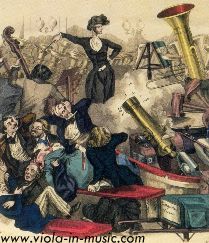 A Concert of Hector Berlioz in 1846. Caricature of Berlioz conducting an orchestra including cannons... Berlioz loved the viola and composed Harold in Italy for it, at Paganini's request
A Concert of Hector Berlioz in 1846. Caricature of Berlioz conducting an orchestra including cannons... Berlioz loved the viola and composed Harold in Italy for it, at Paganini's requestIn his autobiography Berlioz describes his nights at the Opéra, his interest in the acoustics of the place, how he tried a lot of seats to hear the different sonorities in the same work from different perspectives.
Interested in grandiose spatial effects and in matching the type and number of players to the occasion and the place for which a work had been composed, he sometimes wrote works for huge groups of instruments and once conducted a concert with over 1000 performers! in an immense hall at the Festival of Industry.
During his journeys abroad he studied the orchestral playing in the different cities he visited.
Berlioz was an innovator in his treatment of the instruments, so he often was not understood. He was the object of a lot of caricatures, like this one showing him conducting an orchestra including cannons, hammers banging on huge drums, innumerable big brass instruments...
Often Berlioz had to pay everything out of his pocket to have his works performed, from the musicians, to the concert hall hire, to the cleaning of the hall to eliminate the oil fallen from the lamps on the floor! I’ve seen a bill for this in his home.
In 1843 Berlioz wrote an important Treatise on instrumentation and orchestration (which is the art of writing well for orchestra, by taking into consideration the different qualities of each individual instrument).
Berlioz and Paganini
In 1830 Berlioz had written his most famous composition, the Symphonie Fantastique. In 1833
Nicolò Paganini
heard it in a concert and congratulated Berlioz about it. After this concert Paganini told Berlioz about a big Stradivari viola he had and asked Berlioz to write a concerto for him to play his viola and this was the origin of Harold en Italie, or
Harold in Italy.
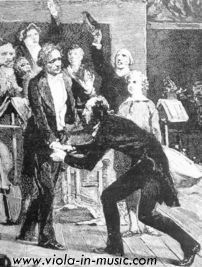 Paganini kneeling before Berlioz and kissing his hands after hearing a performance of Symphonie Fantastique and Harold in Italy conducted by Berlioz
Paganini kneeling before Berlioz and kissing his hands after hearing a performance of Symphonie Fantastique and Harold in Italy conducted by BerliozBerlioz was a bit hesitant because, he said, to write a concerto for such a great virtuoso a composer should be able to play the viola and he wasn’t. But Paganini insisted that he trusted him. Berlioz started writing and when the first movement was complete Paganini wanted to see it. He was a bit disappointed because there were too many rests, while he should have been playing all the time.
Paganini didn’t like it. Anyway Berlioz went on writing and eventually Harold in Italy was performed in 1834 by Chrétien Urhan, the principal viola of Paris Opéra and several times in the following years always with great success.
A few years later, Paganini was in Paris again and attended a concert including the Symphonie Fantastique and Harold in Italy conducted by Berlioz. After the concert Paganini went to see Berlioz and told him he had never been as touched as by Harold, then kneeled and kissed Berlioz’s hand. A few days later Paganini sent his son to Berlioz’s home with a letter. When Berlioz opened it he read this message:
My dear friend, Beethoven being dead only Berlioz could make him live again...
Included with the letter Berlioz also found a cheque for 20,000 francs! which consoled him for other musical failures.
Berlioz’s character
Berlioz must have been a bit difficult to get on with. He was very sincere and uncompromising in his musical opinions, and this didn’t help him to find support. He always showed intense emotions, in his life and in his music. He was one of the first ones to talk about the integrity of a composer’s work (at that time they used to cut passages, “improve” them with ornamentation, changing the instruments, reverse the order of movements or eliminate them, etc.).
To him there was no separation between life and music, ruled by the same principle, therefore many of his works are autobiographical. Despite the dissatisfaction at home, what saved him was his sense of ridicule that makes what he wrote really light and pleasant to read.
Literary writings
Berlioz was also a very prolific writer, he wrote about nearly every aspect of musical life: concert reviews, new instruments, his impressions of music abroad, important musicians visiting France, short biographies of Beethoven and other musicians.
Among his many writings, in Les Soirées de l'orchestre (Evenings with the orchestra). Berlioz wrote a satirical short story about an imaginary City of Music of the future, called Euphonia ou la Ville musicale. I love it, it’s very funny. It is about his ideal of music and society, where every activity is consecrated to music making. (Now fortunately I can recommend you an English version, I found it included in the Evenings with the orchestra. I also I found it in Italian and Spanish).
This short biography of Berlioz doesn’t mean to be complete, it just includes some of my favourite aspects of his character, with some reference to the viola that may not be well known.
If you love Berlioz as I do and would like to know him more "personally", then you can read his Memoirs yourself, you can find them in English, French (the original version), Italian, Spanish, (and maybe more languages).
In the next pages you'll read more in detail about Harold in Italy and what Berlioz thought and wrote about the viola in his Treatise on instrumentation and orchestration.
Read more, buy books by Hector Berlioz
Sources:
- Memories, in French (the original version), English, Italian, Spanish
- Euphonia ou la Ville musicale (French), in Italian and Spanish
- Les Soirées de l'orchestre (Evenings with the orchestra), Italian, Spanish
Go from Biography of Hector Berlioz to Home page

Tweets by @MonicaCuneViola

Play easily without pain &
nerves
Related pages
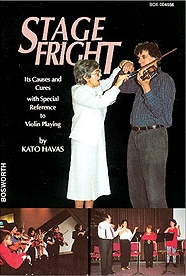 Read the book "Stage fright - Causes and cures", by Kato Havas, and play freely
Read the book "Stage fright - Causes and cures", by Kato Havas, and play freelyBuy Viola in Music's Collection of 13 famous tunes (19 pages)
£7.99 and download them instantly
They are in their original keys, so you can play them in sessions with other instruments
Jesu, joy of man's desiring
Michael Turner’s waltz (2 versions)
The
greenwood tree
The south wind
Fanny Power
Ye banks and braes
Skye boat song
My Bonnie
My love is
like a red, red rose
Sportsman’s hornpipe
The road to Lisdoonvarna
Danny Boy (Londonderry Air)
Iron legs
Do you like
Viola in Music?
Support it by buying sheet music here
Download Sheet Music
|
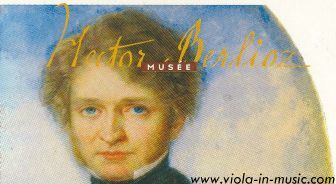
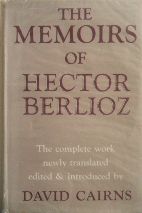

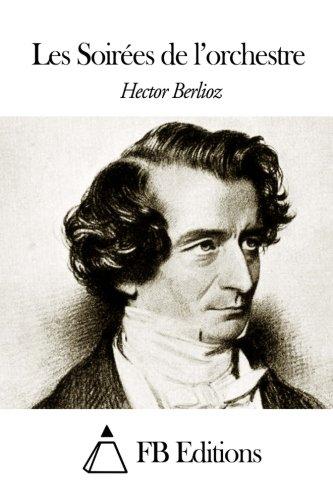
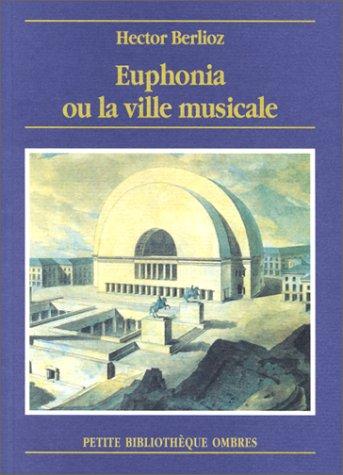



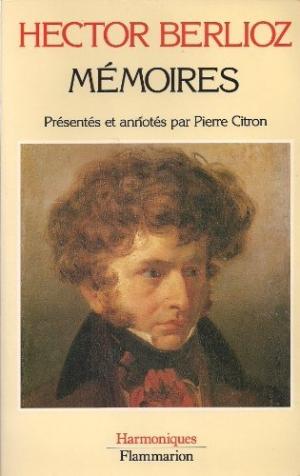
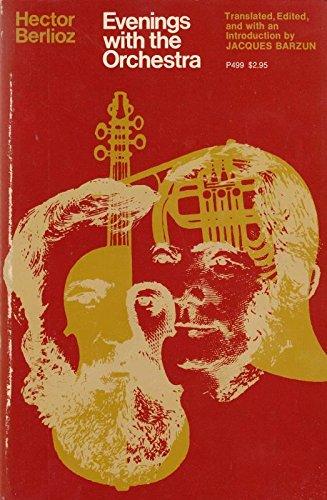
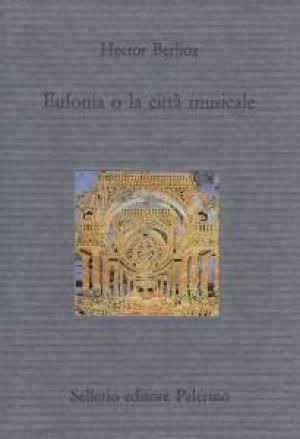
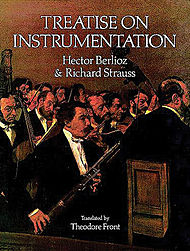
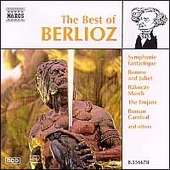
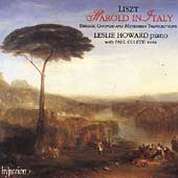
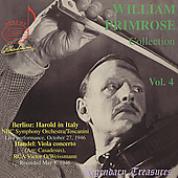
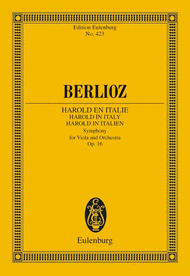
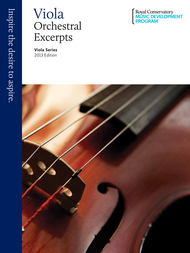
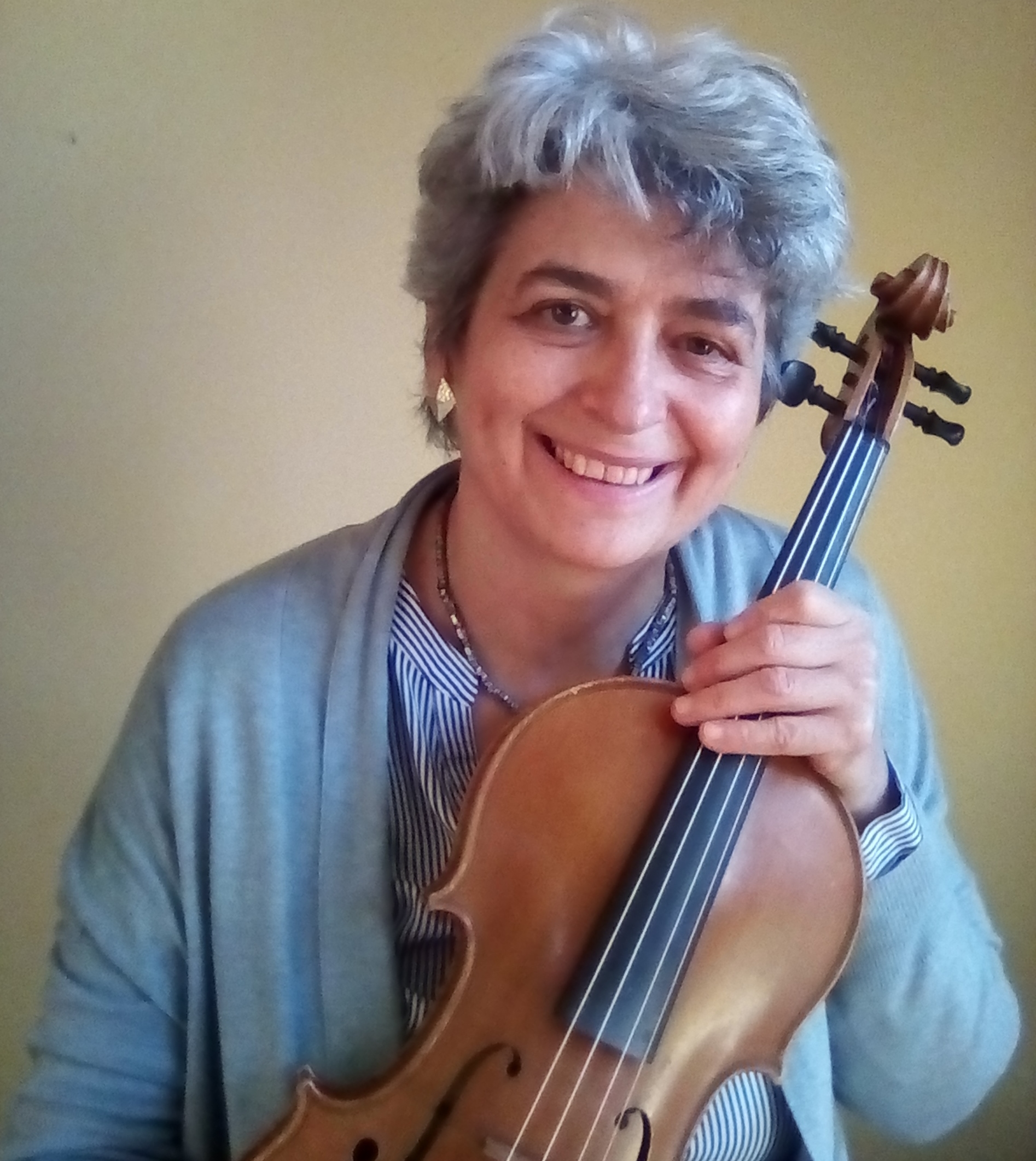
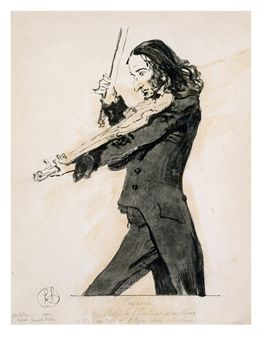



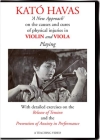
New! Comments
Have your say about what you just read! Leave me a comment in the box below.